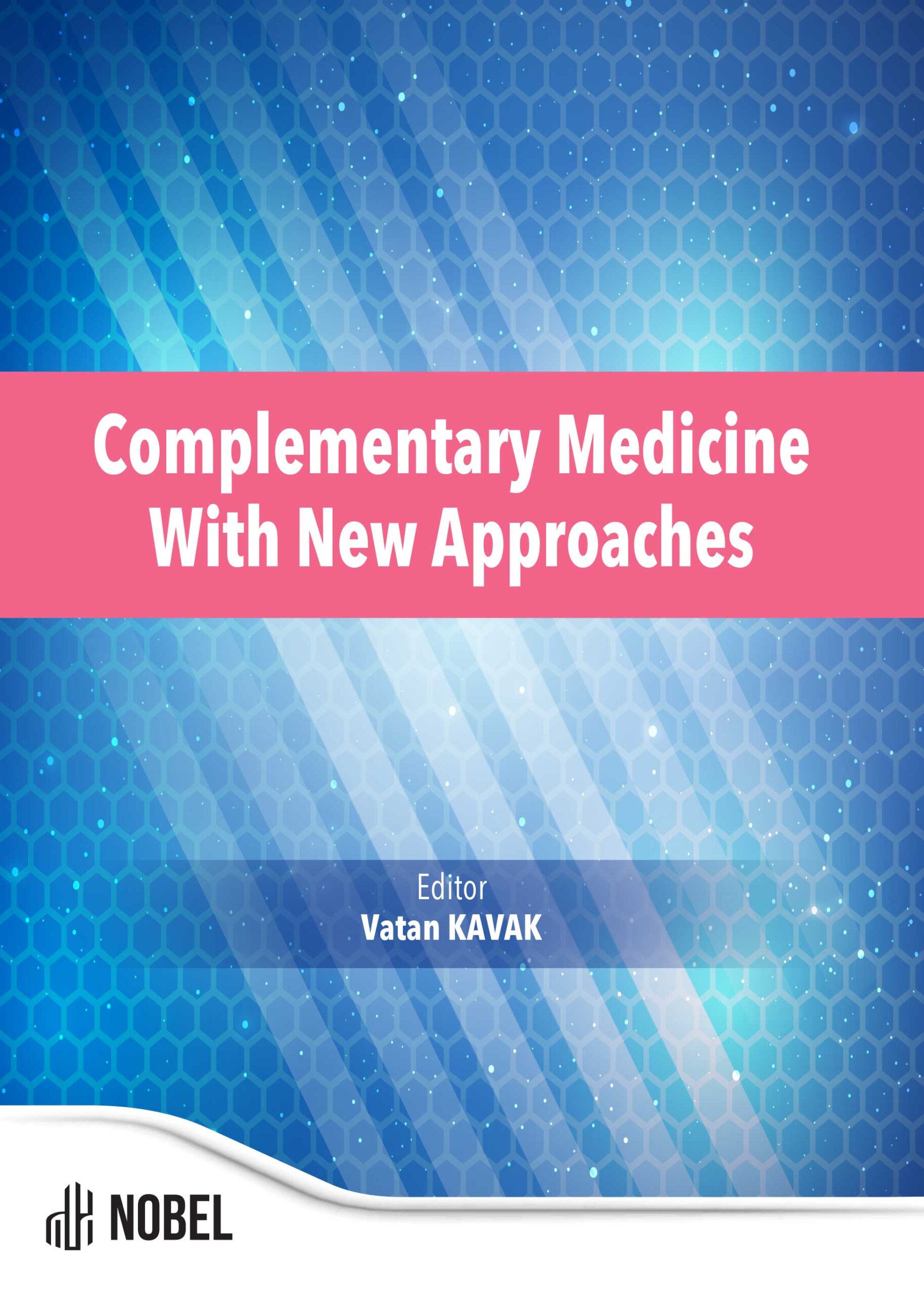Micro Nutrients and Vitamins Affecting Cognitive Functions in Brain Locations
Vatan Kavak (Author)
Release Date: 2024-06-17
Brain anatomy and the brain’s capacity for cognitive function are determined by what happens in the gut. Digestive events occurring in the intestines affect the daily function and cognitive function of the brain. The cognitive capacity of the brain is vital at all stages of life. During childhood and adolescence, nutrition with safe and healthy [...]
Media Type
Buy from
Price may vary by retailers
| Work Type | Book Chapter |
|---|---|
| Published in | Complementary Medicine with New Approaches |
| First Page | 251 |
| Last Page | 271 |
| DOI | https://doi.org/10.69860/nobel.9786053359418.18 |
| Page Count | 21 |
| Copyright Holder | Nobel Tıp Kitabevleri |
| License | https://nobelpub.com/publish-with-us/copyright-and-licensing |
For this reason, the way to increase the anatomy of the brain and the cognitive capacity of the brain is through intestines, digestion, safe food and movement.
Vatan Kavak (Author)
Professor, Dicle University
https://orcid.org/0000-0002-5287-4485
3Obtained BSc (1985), MSc (1989), and PhD in Anatomy (1994) at the Dicle University,Turkey. Worked as an Assistant at the Institute of Health Science (1986-1995) and as Assistant Professor at Medical Faculty of Dicle University since 1995. Became an Associate Professor of Anatomy Department at the Medical School of Dicle University in 2009. Professor of Anatomy Department at the Medical school of Dicle University in 2014. Professor Kavak is currently a faculty member of the Department of Anatomy. Is also an illustrator of medical and biologcal books. Has academic and research interests: the field of anatomy and anthropology. Has more than two hundred scientific publications and two hundred scientific presentations.
Pilmane M, Plavina L,Kavak V.:Embriology and Anatomy for Healty Sciences, Riga Stradins University, Riga, Latvia, ISBN 978-9984-793-91-7 2016.
Olivia Guy Evans,Saul Mcleod: Part Of The Brain: Anatomy, Struvture & Functions, Simply Psychology
Bailey, R. (2019, October 09). Gyri and Sulci of the Brain. Thought Co. https://www. thoughtco.com/gyri-and-sulci-of-the-brain-4093453
Banker, L., & Tadi, P. (2020). Neuroanatomy, Precentral Gyrus. StatPearls [Internet].
Mayfield Brain and Spine (n.d.). Anatomy of the Brain. Retrieved July 28, 2021, from: https://mayfieldclinic.com/pe-anatbrain.htm
Guy-Evans, O. (2021, April 13). Temporal lobe: definition, functions, and location. Simply Psychology. www.simplypsychology.org/temporal-lobe.html
Guy-Evans, O. (2021, April 15). Parietal lobe: definition, functions, and location. Simply Psychology. www.simplypsychology.org/parietal-lobe.html
Guy-Evans, O. (2021, April 19). Occipital lobe: definition, functions, and location. Simply Psychology. www.simplypsychology.org/occipital-lobe.html
Guy-Evans, O. (2021, June 09). Gyri and sulci of the brain. Simply Psychology. www.simplypsychology.org/gyri-and-sulci-of-the-brain.html
https://bam.mehmetakif.edu.tr/icerik/1409/1071/alkol-ve-madde-kullaniminin-beynimize-etkisi-nelerdir 2023
https://educasport.gen.tr/uyuşturucunun-merkezi-sinir-sistemi-üzerindeki-olumsuz-etkileri-nelerdir/ 2023
Vatan Kavak, “Embryological and Anatomical Information Cards For Students” Ankara/ Turkey, ISBN 978 605 64 211 05. 2013.
Kılıc T, :Yeni Bilim: Bağlantısallık,Yeni Kültür: Yaşamdaşlık, Ayrıntı Yayınları, İstanbul, ISBN978 605 314 504 2021
| onix_3.0::thoth | Thoth ONIX 3.0 |
|---|---|
| onix_3.0::project_muse | Project MUSE ONIX 3.0 |
| onix_3.0::oapen | OAPEN ONIX 3.0 |
| onix_3.0::jstor | JSTOR ONIX 3.0 |
| onix_3.0::google_books | Google Books ONIX 3.0 |
| onix_3.0::overdrive | OverDrive ONIX 3.0 |
| onix_2.1::ebsco_host | EBSCO Host ONIX 2.1 |
| csv::thoth | Thoth CSV |
| json::thoth | Thoth JSON |
| kbart::oclc | OCLC KBART |
| bibtex::thoth | Thoth BibTeX |
| doideposit::crossref | CrossRef DOI deposit |
| onix_2.1::proquest_ebrary | ProQuest Ebrary ONIX 2.1 |
| marc21record::thoth | Thoth MARC 21 Record |
| marc21markup::thoth | Thoth MARC 21 Markup |
| marc21xml::thoth | Thoth MARC 21 XML |

